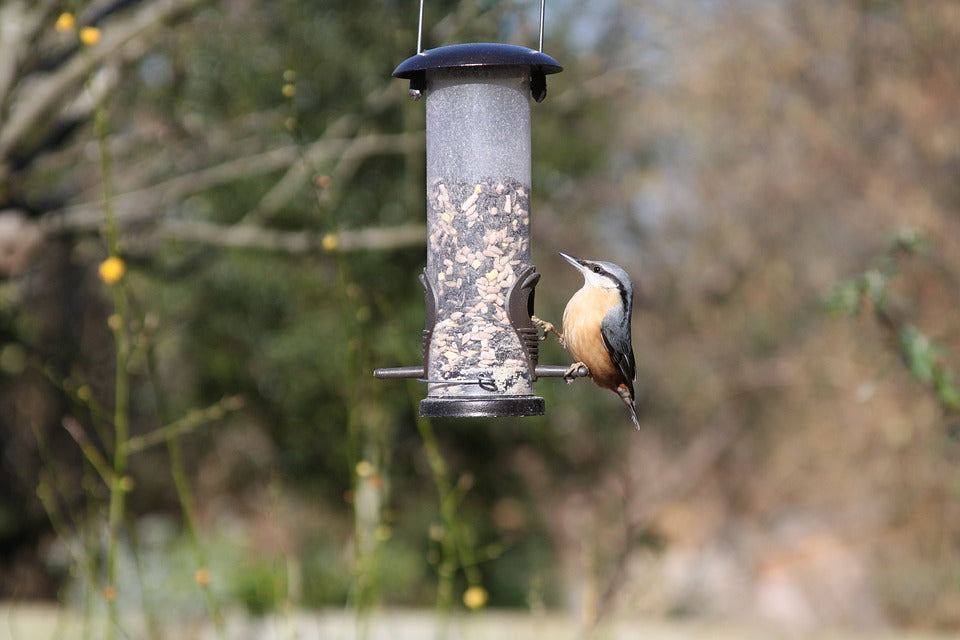Offer
Provide additional details about the offer you're running.
Provide additional details about the offer you're running.
Provide additional details about the offer you're running.

When it comes to feeding wildlife, domestic pets or agricultural livestock, there are often a number of regulations and policies in place to protect both the animals involved and us as human beings. Given that we consume a great deal of animal protein, what we feed the animals in our ecosystem has a direct correlation on our own health.
When it comes to bird feeding, the unfortunate reality is it is not nearly as regulated as it should be. In fact, it isn’t regulated at all. What might come as a surprise to some is the fact that what you are feeding your backyard birds could ultimately be causing more harm than good.
As low prices typically dictate any consumer-driven market, this practice can become detrimental for our birds as large-scale producers of bird seed think about their bottom lines before the birds. Choosing products such as wheat, sorghum and the like to act as fillers often have the ability to take the form of toxins. The same can be said with vital ingredients such as peanuts and corn, these too, without proper care, can release toxins into our birds and the environment.
There are two main toxins that threaten the birding world, particularly the bird seed and feed market: Vomitoxin and Aflatoxin.
Aflatoxins are produced by certain fungi grown on food or feed and are among the most well-known mycotoxins on the planet. As they pertain to bird seed, these toxins can occur when the proper handling and care of ingredients such as peanuts and corn are not taken into consideration. This liver toxin is also harmful to mammals and even humans, but birds are one of the most susceptible groups of wildlife to its toxic effects, mainly through the offering of infected seed.

Vomitoxins, on the other hand, occur predominantly in grains such as wheat, barley, oats, rye and maize and again, are created by the improper care and use of these ingredients. If these ingredients are subjected to moisture exposure, the growth of these toxins is almost inevitable.
While the industry remains unregulated, there are organizations today that are joining the fight against these toxins and the effects they have on our wild bird populations.
Speaking personally, this is one of the main reasons we linked up with the minds at Mill Creek Seed Co., who process each and every bag of seed by hand and with great scrutiny.
“With a massive peanut crop in the United States in 2016, the price of peanuts is very low, allowing seed manufacturers to add great portions of the ingredient to their bird seed mixes. The unfortunate reality of this situation is, most of that seed will be deemed toxic well before it hits the consumer’s bird feeders,” Mark Bennet of Mill Creek Seed told us.

Mill Creek Seed
Our seed offerings are all treated with care and processed under the most intensive safety practices in the industry.
In addition to selecting the right seed, the usual precautions such as regular cleaning in and around your feeders can also aid in minimizing the risk of spreading deadly diseases through preventable toxins.
High Quality Blend